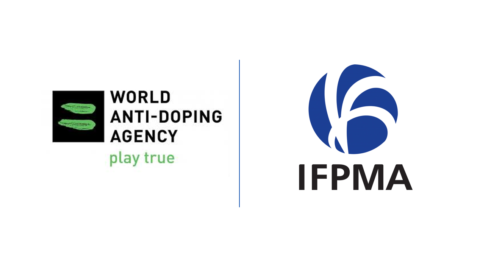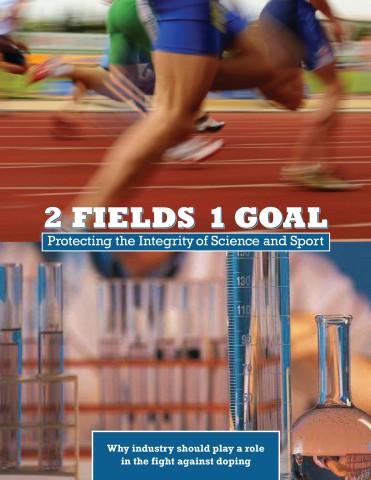Protecting the Integrity of Science and Sport
Doping in sports is a public health issue and is characterized by the misuse and abuse of medicines. It is no longer limited to elite athletes as it is increasingly found in amateur and school sports.
IFPMA members are committed to developing safe medicines and to ensuring their appropriate use for the well-being of patients, and are very concerned that their products could be abused for sports doping purposes.
IFPMA and the World Anti-Doping Agency (WADA) have a long-standing cooperation to protect clean sport.



Abuse of medicines to enhance performance in sports is a serious public health issue. While some approved medicines have abuse potential, their attractiveness for doping is reduced because they are well known, and are easily detected. However, medicines in pre-clinical or clinical development, as well as those withdrawn, may be less known. Compounds in development can be of great interest to dopers, regardless of their side effects. It is therefore very important for the anti-doping community and the research-based biopharmaceutical industry to address this issue in a coordinated and effective way.
In July 2020, the World Anti-Doping Agency (WADA) and the IFPMA signed a memorandum of understanding (MOU) that broadens the scope of information shared about marketed products as well as biomedical products that are still in the early stages of research and development, with the aim of developing anti-doping tests earlier.
WADA and IFPMA have formally cooperated with each other since signing the first Joint Declaration on Cooperation in the Fight against Doping in Sport in July 2010. For the past decade, the pharmaceutical industry has been sharing its expertise to help find solutions to address this public health concern by working to mitigate the misuse of their products and to combat doping in sport effectively.
Our collaboration with WADA aims to identify medicinal compounds with doping potential, minimize misuse of medicines still in development, improve the flow of information, and facilitate development of detection methods.
The early sharing of information and expertise is crucial to help establish detection methods and mitigate the risk for future abuse.










